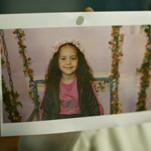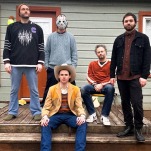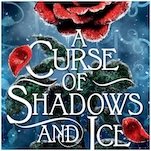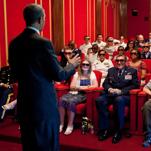Find Your Way Through Grief By Following the Ghostlight
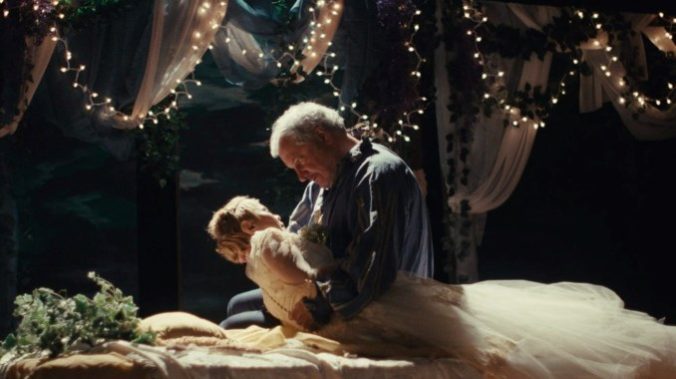
Ghostlight opens with darkness smothering the rustle and whispers of an audience making its way to their seats before the show starts. Then: The rattling hiss of the stage curtain opening. We expect to see actors, a set, props. Instead, we just see a suburban backyard, the property of Dan (Keith Kupferer), who’s awake much too early for his or his wife’s liking, but helpless to do anything about his REM cycles apart from stare forlornly outside. Life, the film tells us up front, is a show we all perform in. But in the rest of the telling, Ghostlight argues that acting specifically, and the arts broadly, are necessary tools for understanding it.
If this sounds precious, then a visit to Alex Thompson’s last movie, Saint Frances, may be in order. That film, like Ghostlight, takes seriously its central subject matter while at the same time surrounding it with the kind of shaggy naturalist humor that crops up in our daily routines and public interactions – small-talk humor with strangers, time-killing humor with coworkers, deflective humor with our families. Ghostlight is a comedy in a loose sense, a tragedy in another, and a redemption song in yet one more. More succinctly, it’s a Thompson film, meaning it gently, tenderly unpacks and embodies every single feeling its characters might have about their situation at hand.
-

-

-

-

-

-

-

-

-

-

-

-

-

-

-

-

-

-

-

-

-

-

-

-

-

-

-

-

-

-

-

-

-

-

-

-

-

-

-

-



